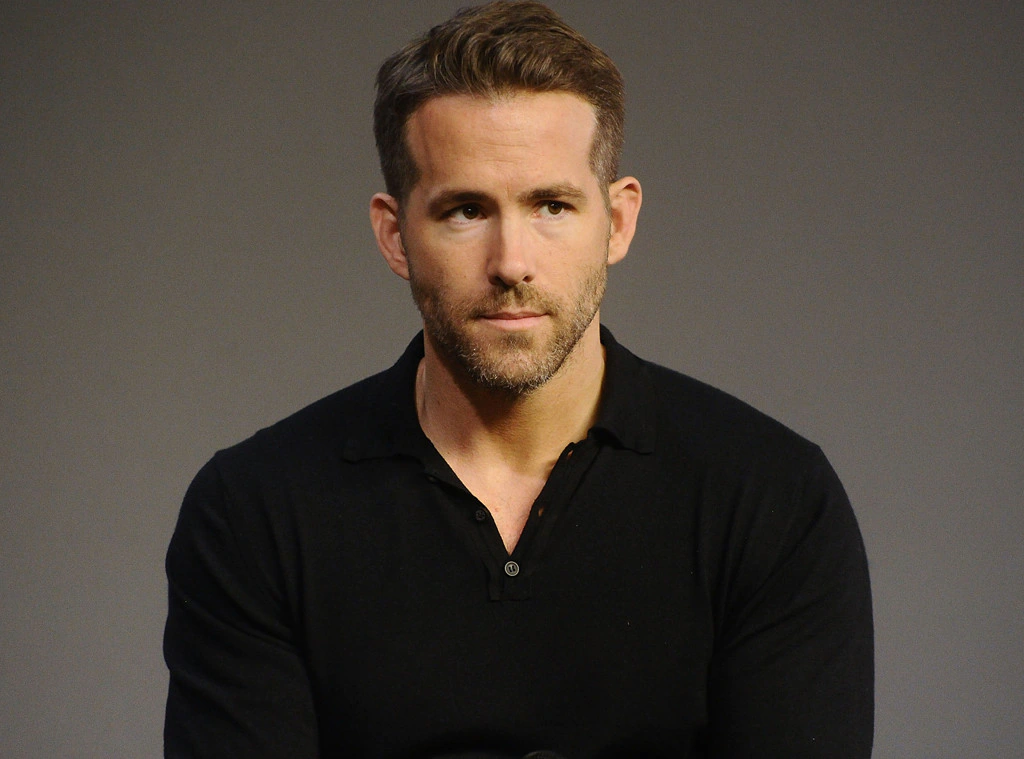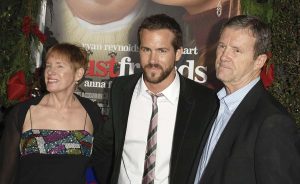Ryan Reynolds Reflects on His Father’s Battle with Parkinson’s and Personal Growth
3 min read

Ryan Reynolds has recently opened up about the profound impact his father’s long struggle with Parkinson’s disease had on their family and himself. His father, James Reynolds, passed away in 2015 after a two-decade battle with the illness. In a candid interview with People magazine, the actor shared his experiences and reflections on his father’s condition and their complex relationship.
Reynolds described his family’s approach to Parkinson’s as one marked by denial and secrecy. “My dad only mentioned Parkinson’s a few times, and one of those times wasn’t to me,” Reynolds said. This reticence to openly discuss the disease created a barrier between him and his father. He noted that his father’s stoic demeanor and reluctance to share emotions were emblematic of their strained relationship. James Reynolds, a former boxer and police officer, was known for his tough exterior and emotional reserve, which made it difficult for Reynolds to connect with him on a deeper level.
The progressive nature of Parkinson’s, which includes symptoms like hallucinations and delusions, further strained their relationship. Reynolds recalled how his father’s deteriorating mental state led to irrational thoughts and conspiracies that alienated him from those around him. “It felt like my dad was slipping into a different reality,” Reynolds explained. This shift contributed to a growing sense of distance and confusion between them.
 As Reynolds reflected on his father’s condition and their relationship, he acknowledged his own role in the disconnect. “I used to think that the lack of understanding between us was entirely his fault,” he admitted. “But now, looking back, I realize I was also unwilling to bridge the gap and meet him where he was.” This realization has been part of a broader process of coming to terms with his father’s illness and the impact it had on their relationship.
As Reynolds reflected on his father’s condition and their relationship, he acknowledged his own role in the disconnect. “I used to think that the lack of understanding between us was entirely his fault,” he admitted. “But now, looking back, I realize I was also unwilling to bridge the gap and meet him where he was.” This realization has been part of a broader process of coming to terms with his father’s illness and the impact it had on their relationship.
Now a father himself, Reynolds has gained new insights from his own experiences. With his wife, Blake Lively, he is raising four children: daughters James, Inez, and Betty, and a son, Olin. This new role has offered Reynolds a fresh perspective on his father’s life and values. “Being a father has helped me heal and understand my own dad better,” Reynolds said. “I see the value in the things he stood for, like his incredible integrity. He never lied, and that’s something I strive to emulate.”
Through his journey as a parent, Reynolds has been able to reconcile some of the pain from his past. He views his role as a father as an opportunity to fill in the gaps left by his father’s inability to fully express his emotions and to provide a different kind of presence for his own children. “I get to show up in ways that perhaps my dad couldn’t,” Reynolds reflected.
Overall, Reynolds’ reflections highlight a journey of understanding and personal growth shaped by his father’s illness. While the disease created challenges and emotional distance, it also led Reynolds to a deeper appreciation of his father’s character and to a more mindful approach to his own role as a parent.